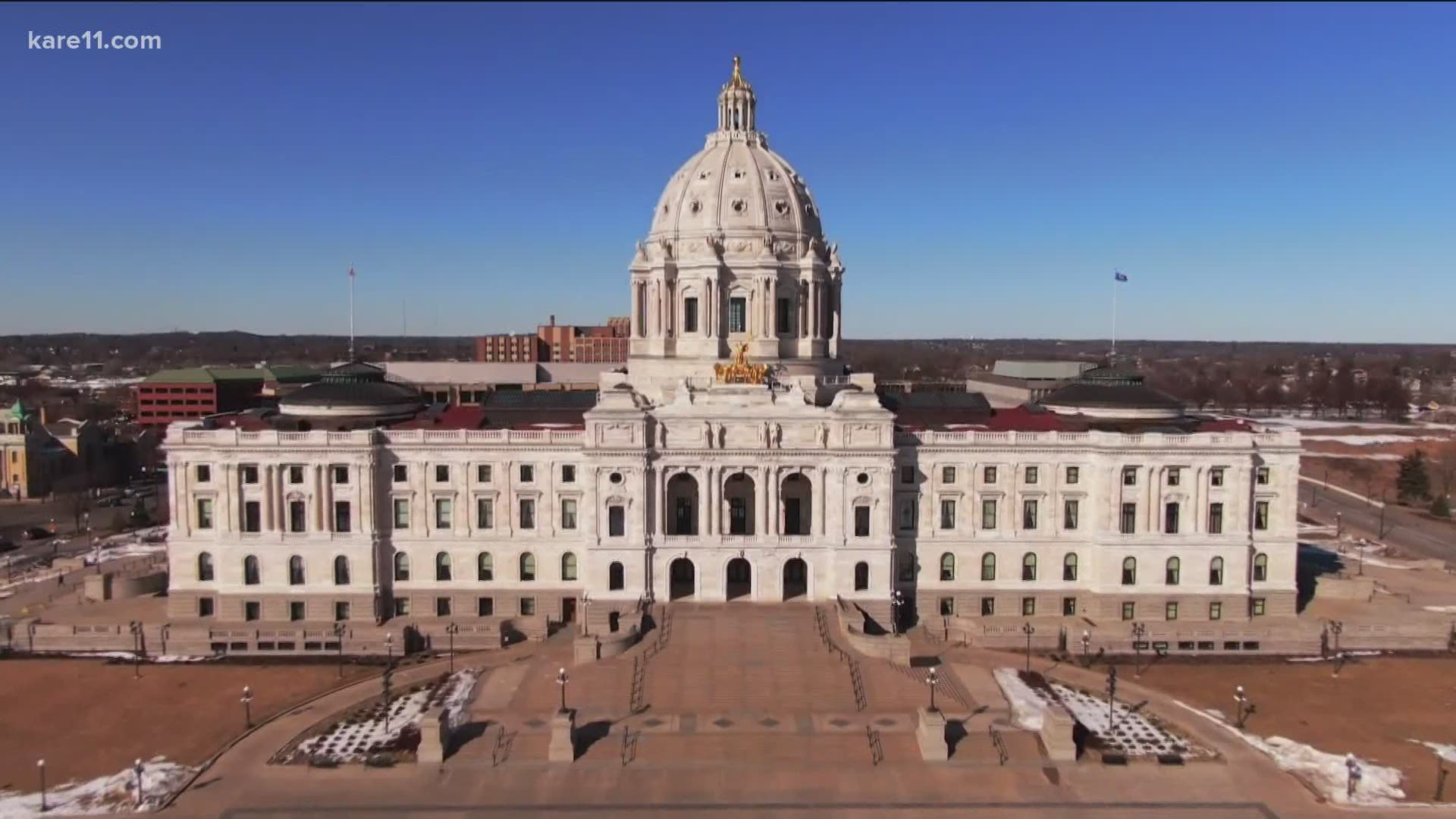GOLDEN VALLEY, Minn. — As you cast your ballots, you may notice many positions for judge. Most are uncontested, but some do have challengers. How are you supposed to know who to vote for? And why is the system the way it is?
First, let’s give you some resources to get information about judges that are up for election and those running against them. The Minnesota Secretary of State’s office has a list of each judge and their website, if they have one.
The State Bar Association also has some information on the contested races.
And you can find more information about the election process and requirements from the Judicial branch and the legislature here.
Because judges must retire at the age of 70, it often leaves an open seat in the middle of a term. That means most of our state’s judges are appointed by the Governor. But it doesn’t mean voters don’t have a say.
“Every six years every sitting judge has to stand for election, and anybody who wants to file against them, if they are a lawyer, with a license, can do so," says Eric Magnuson, former State Supreme Court Chief Justice.
But even the most informed voter has that moment, when they turn over the ballot, and think, I have no idea who these people are.
“Right now, it's difficult for any voter to feel like they have a meaningful voice in who sits on the bench because they just don't know enough,” says Magnuson.
Eric Magnuson also chaired the non-partisan, 43-member commission, that vets judicial candidates for the Governor's selection. It’s their job to get the Governor three to five candidates that are qualified for any opening in the state. He is also part of a commission, led by former Governor Al Quie, who believes we should move to a retention-election system for judges. People would still get to vote, but instead of choosing between two candidates they don't know, they would just vote to keep or replace the sitting judge. And they would have much more information to go off of, because a non-partisan commission would evaluate the judges based on merit.
"The voters would actually get a report card that they could go read and get more details about the judge. We can't do that now because, although you could evaluate the sitting judge, there's no way to evaluate the opponent. The opponent has no track record as a judge," Magnuson says.
To move to that system would take a constitutional amendment.
So, for now, you still must decide between two candidates you don't really know.
“As a general rule of thumb a voter can be pretty comfortable that the incumbent has been vetted by this non-partisan commission, that they are found to be qualified or highly qualified for the job and that they've done a good job because they are still in office," he says.

